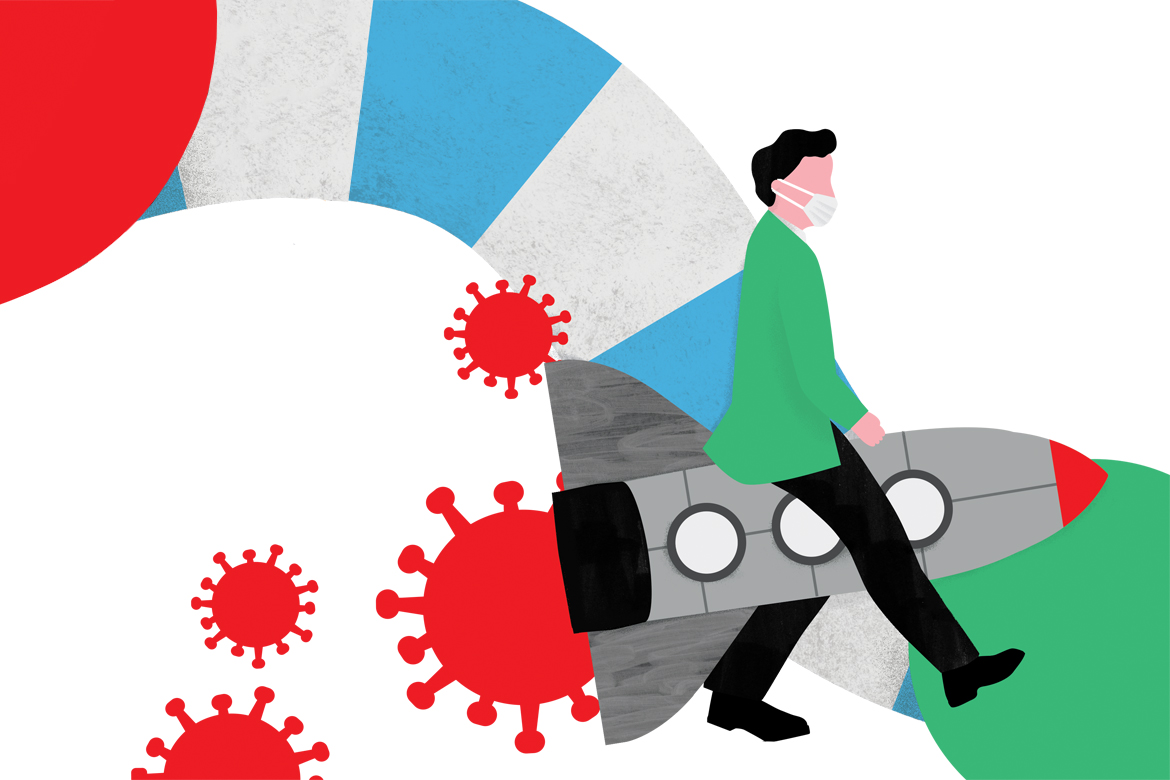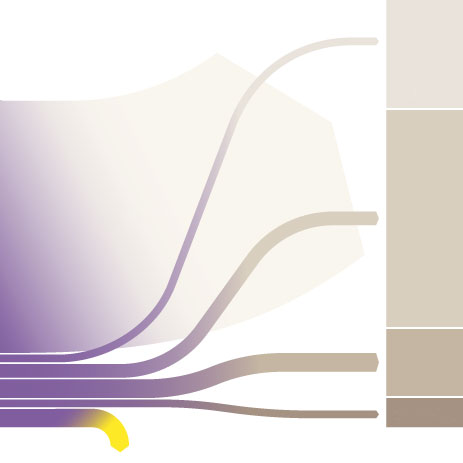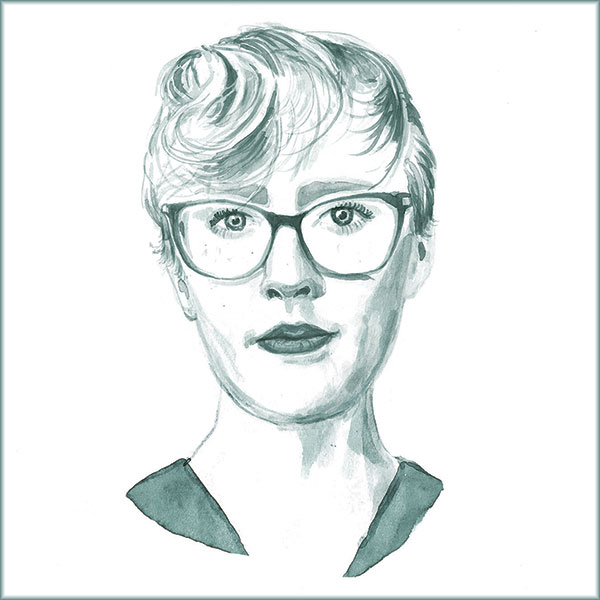Clinical studies
The long and winding road to better therapies
Pandemics trigger sudden calls for research proposals. Move one square forward! But too many patients drop out, so the clinical study is broken off. Go back to the start! Organising clinical studies is a tricky business, as our snakes and ladders game shows.
Will a new, expensive blood thinner work better against heart attacks? Will an exercise programme mitigate the side-effects of a cancer treatment? Whether or not a good idea actually works in practice is something only clinical studies can answer. But fewer and fewer of them are being carried out in Switzerland.
According to Swissmedic, the authority responsible for therapeutic products, the number of clinical studies carried out in Switzerland almost halved from 350 in 2003 to 180 in 2018. “One reason for sure is the complicated regulatory environment here”, says Christiane Pauli-Magnus, a co-director of the Department of Clinical Research at the University and University Hospital of Basel. In Switzerland, every study has to be cleared by at least one of seven ethics committees – and some of them need to be certified by Swissmedic, too.
Researchers complain about the large number of different instances they have to consult, and about the lack of any sense of proportion for the extensive bureaucracy involved. Many are insisting that the statutory requirements should be adapted more flexibly to the respective risk involved. This would let studies become less complex, cheaper, and also more open to innovative approaches.
But Peter Kleist, the director of Zurich’s Cantonal Ethics Committee, does not believe that bureaucracy is the main problem – not even in the local, cantonal, smaller-scale structures. He himself has carried out clinical studies for the pharmaceutical industry and says: “In Switzerland, things are not more bureaucratic than elsewhere”. But what is problematic is inadequate planning and the lack of quality awareness.
Kleist and Pauli-Magnus are nevertheless unanimous as to the major role played by the Clinical Trial Units (CTU) at Swiss university hospitals. They advise and support researchers in what they do. In order to relieve the ethics committees, Kleist believes that researchers could be compelled to have their study accredited by a CTU. “But for this to happen, they would have to be given far more comprehensive competences”, he says.
The actual number of studies is not a prime concern for Pauli-Magnus, who also directs the Basel CTU and the Swiss Clinical Trial Organisation. “Above all, we need more randomised, controlled studies”. By this she means studies in which patients are assigned randomly to one of two groups and are given different forms of treatment.
“Randomised studies require major organisational efforts. This is why very few people embark on them”, says Pauli-Magnus. It is impossible to run them alongside everyday clinical duties. “If such a study doesn’t have a full-time project manager, the risk of failure is extremely high”. But the greatest obstacle is finding enough patients to take part.
The Investigator Initiated Clinical Trials programme of the SNSF proves just how difficult it is to get a good study off the ground. In 2019, only three of 18 project applications fulfilled its strict criteria and were given funding. As a result, clinical researchers were only able to access just over a third of the CHF 10 million actually available.
In Switzerland, patients are spoilt by the high standard of medical care. In order to get them to participate, studies should be made more relevant to them. This is why Pauli-Magnus argues in favour of involving patients already in the planning of a study. For example, they might place greater emphasis on improved quality of life than on living longer.
One big hurdle is the academic incentive system at the university clinics. A lot of people work hard to produce just a few specialist articles, and do almost all this work on the side. Pierre-Yves Bochud, an infectious diseases specialist at the Lausanne University Hospital, sums it up: “It’s often difficult for young doctors to find time for research”. This is because they are too heavily involved in everyday clinical duties. “They should be allowed to reserve time for research on a long-term basis, not just from one project to the next”.
















